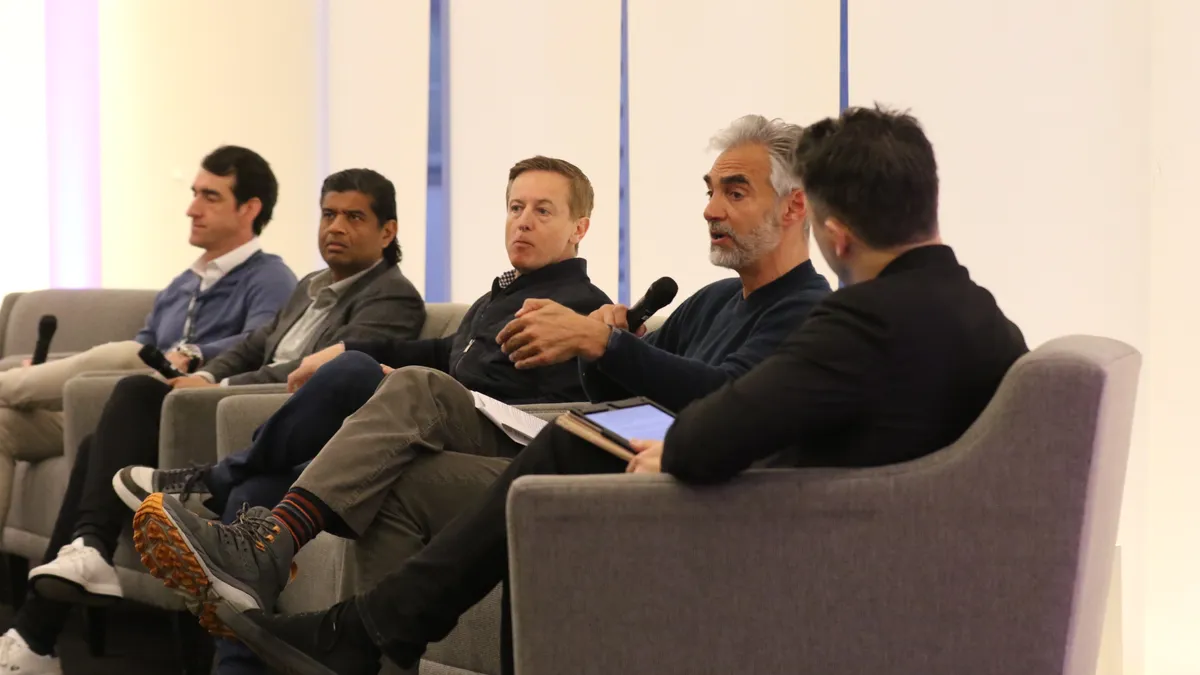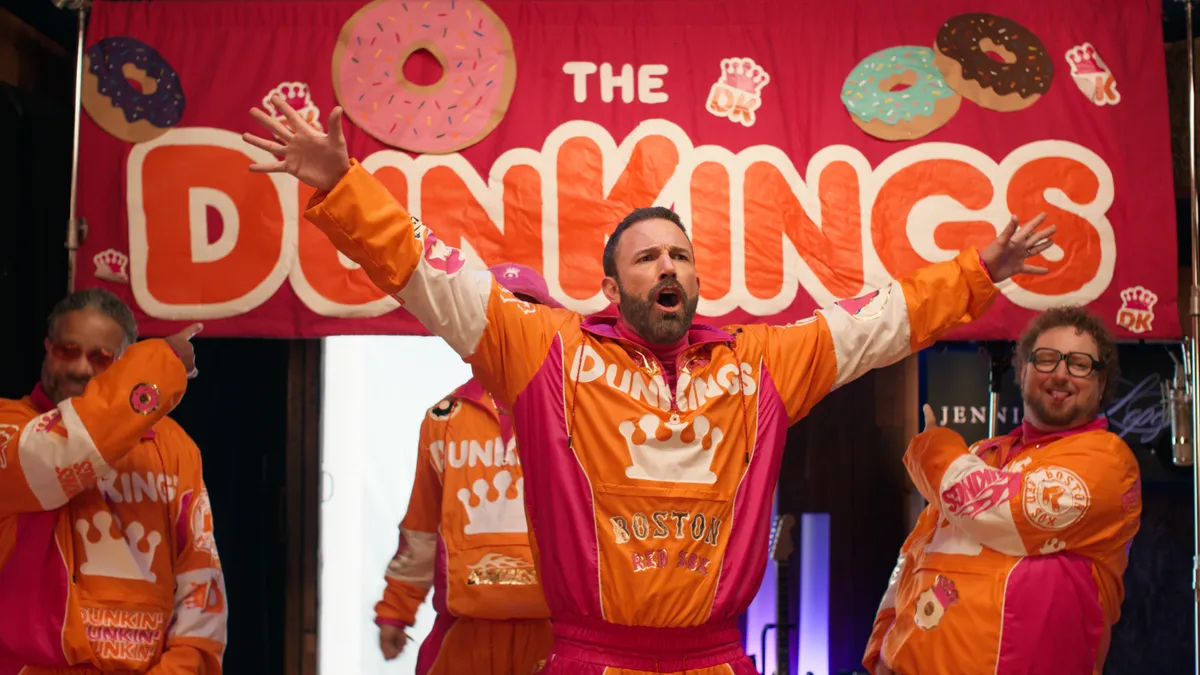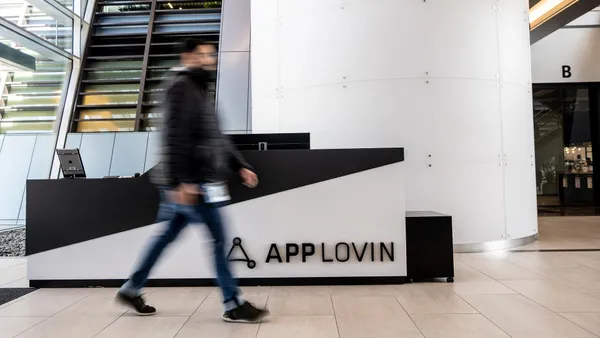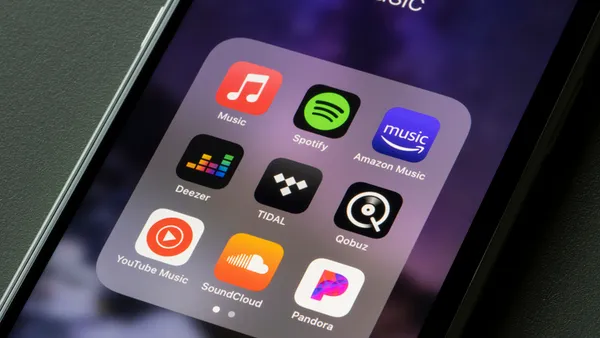Dive Brief:
- Celebrity endorsements aren't the best way for brands to reach millennials, according to new research by Roth Capital Partners reported by eMarketer. An overwhelming majority at 78% either don't like celebrity endorsements or are at best indifferent.
- Asked if they would be more likely to make a purchase based on a celebrity endorsement, 27% of millennials disagreed, 19.5% somewhat disagreed, 31.8% were indifferent, 14.2% somewhat agreed and only 7.5% agreed. The Roth Capital Partners research uncovered some distrust toward influencer marketing among millennials as well, with about one-third of those surveyed reporting being unconvinced digital influencers have their best interests in mind. Thirty-four percent were indifferent about influencers looking out for them and around 40% said paid endorsements cut into influencer and celebrity credibility.
- Millennials aren't alone in rejecting star-powered endorsements. A separate survey of U.S. adult internet users from Collective Bias found a mere 22.1% report being more willing to make a holiday gift purchase from an unknown brand or retailer based on a celebrity endorsement, according to eMarketer.
Dive Insight:
Roth Capital's study reinforces that young consumers, in particular, feel distanced from celebrity endorsements as they fall outside the demographic set's predilection toward authenticity and relatability in its marketing. This aversion to high star wattage has been embodied in strongly negative reactions to some campaigns this year, including a Pepsi commercial starring Kendall Jenner of "Keeping up with the Kardashians" fame that was widely derided to the point where the brand pulled the ad from air.
However, the group's findings around influencers run counter to many industry assumptions about millennials, a group that spends a lot of time on the social media platforms and the types of apps and websites where influencer marketing thrives. The data on distrust and cynicism toward the goals of influencers demonstrates that brands must work harder to make their campaigns both more transparent and highly-targeted to audiences that will find the content relevant and not just another vehicle for online advertising — a fine balancing act that will be difficult to achieve.
Influencer marketing continues to pick up traction regardless, with 39% of marketers planning to increase their budgets for the tactic next year, according to Linqia research.












